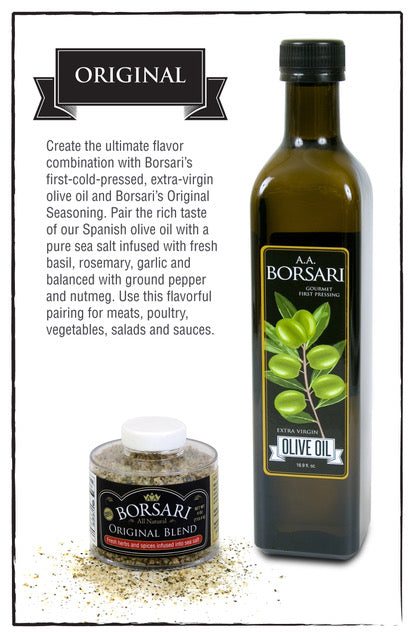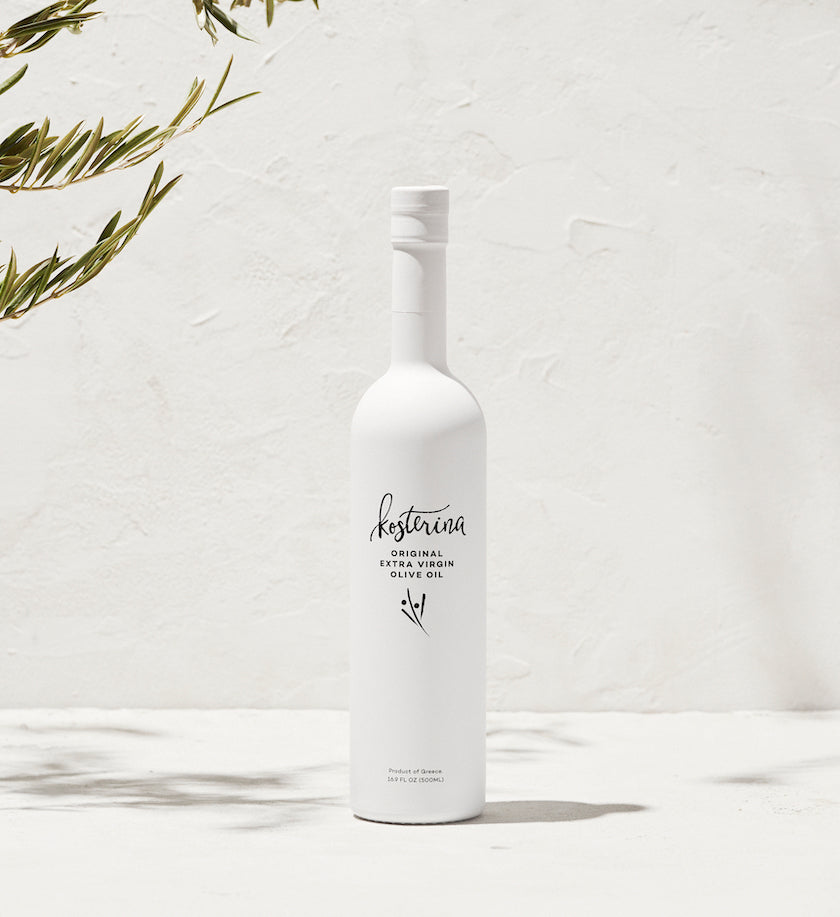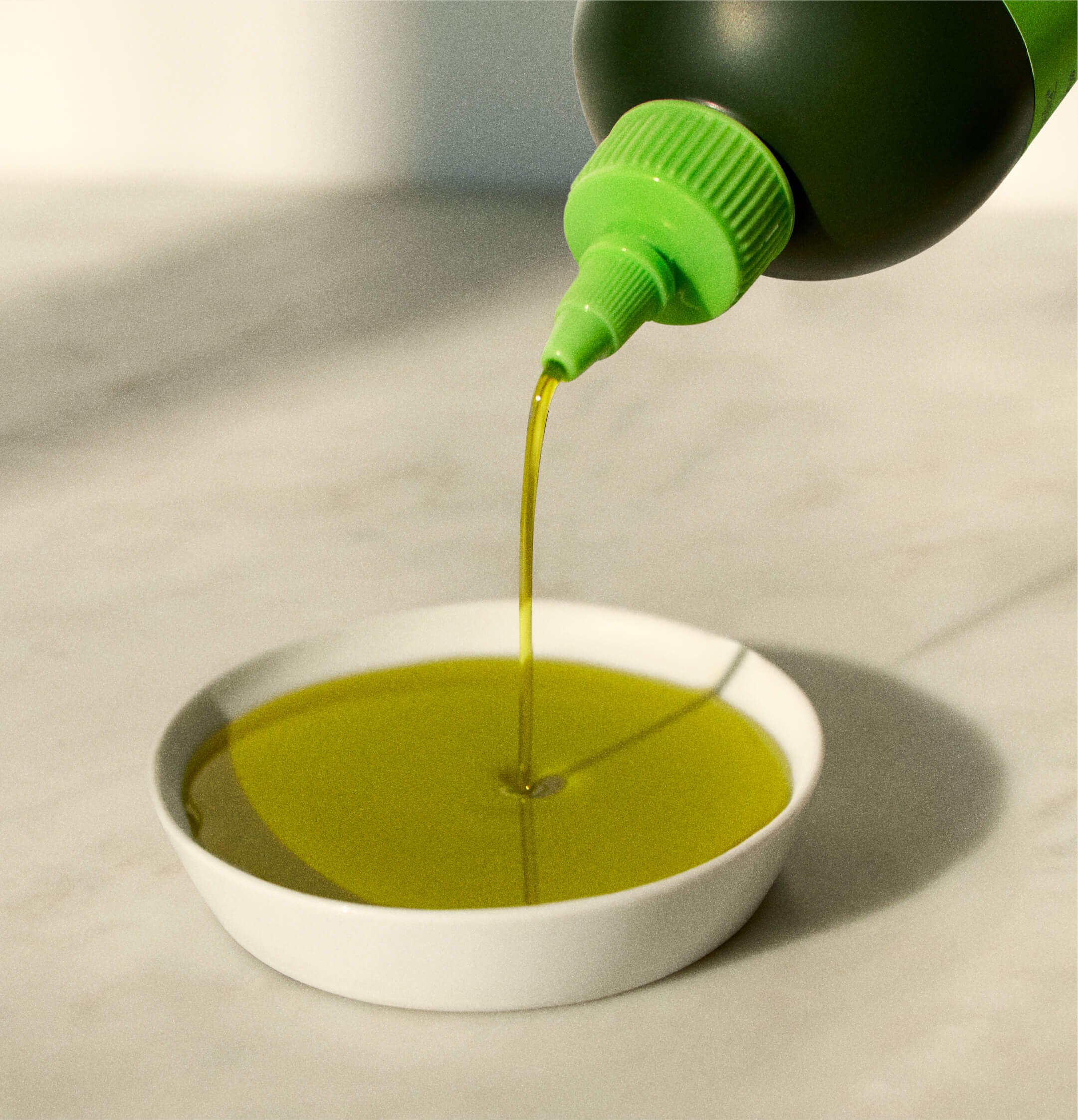Extra Virgin Olive Oil Benefits: A Delicious Way to Prevent Cognitive Decline
Discovering the Various Kinds Of Olive Oil and Their Uses, Including Additional Virgin Olive Oil
The exploration of olive oil includes a diverse array of kinds, each offering unique flavors and culinary applications. Bonus virgin olive oil, renowned for its remarkable top quality and wellness benefits, offers as a staple in several kitchens, yet it is only one element of this complex ingredient.
What Is Olive Oil?
Stemmed from the fruit of the olive tree, olive oil is a staple in Mediterranean food and an essential active ingredient in numerous cooking applications. This flexible oil is generated by pressing entire olives, resulting in a fluid that differs in taste, color, and fragrance depending on the sort of olives utilized, the area of growing, and the removal process. Olive oil is mainly made up of monounsaturated fats, specifically oleic acid, which is understood for its possible health and wellness benefits, consisting of anti-inflammatory buildings and cardio assistance.
In addition to its cooking uses, olive oil has a lengthy history of application in typical medicine and skincare, owing to its abundant antioxidant web content (extra virgin olive oil benefits). The oil is usually made use of in dressings, marinades, and for cooking techniques such as sautéing and roasting. Its distinct flavor profile can boost the preference of various recipes, making it an essential active ingredient for both home cooks and specialist chefs
Furthermore, olive oil is celebrated for its role in the Mediterranean diet, which is related to countless health and wellness benefits. As recognition of these benefits expands, olive oil continues to obtain appeal worldwide as an essential component of a healthy and balanced lifestyle.
Sorts Of Olive Oil
Understanding the various kinds of olive oil is crucial for both health-conscious customers and cooking enthusiasts. Olive oil is categorized primarily based upon its extraction method and quality, which dramatically impacts its wellness, aroma, and taste advantages.

Light olive oil, in spite of its name, describes a lighter taste and not lower calories. It is perfect for those seeking a much more refined preference in marinades and dressings. Additionally, there are flavored olive oils infused with natural herbs, spices, or citrus, which can improve meals without the need for additional seasoning.
Each kind of olive oil serves certain cooking purposes, and understanding these differences enables customers to make enlightened choices that line up with their cooking designs and wellness objectives.
Extra Virgin Olive Oil
Additional virgin olive oil (EVOO) is commonly considered as the greatest quality olive oil readily available, popular for its abundant flavor and numerous wellness benefits. To be categorized as additional virgin, the oil should be produced from fresh olives utilizing mechanical procedures, without using solvents or extreme warm. This careful approach protects the oil's all-natural flavors, antioxidants, and healthy and balanced fats, resulting in a product find more information with a low acidity level of less than 0.8%.
EVOO is bountiful in monounsaturated fats, specifically oleic acid, which is linked to lowered inflammation and improved heart health and wellness. It likewise consists of polyphenols, powerful antioxidants that may use safety effects against chronic illness. The taste account of EVOO can vary substantially relying on the olive range and area of manufacturing, varying from grassy and fruity to robust and sharp.

Culinary Use Olive Oil

In cooking, olive oil can be utilized for sautéing, roasting, and grilling, offering a healthier alternative to butter or other fats. Its high smoke factor makes it ideal for different cooking techniques, while its antioxidants contribute to a heart-healthy diet. Drizzling olive oil over ended up recipes, such as pasta, fish, or barbequed vegetables, can elevate tastes and include a touch of sophistication.
Additionally, olive oil plays a considerable function in baking, where it can change standard fats in recipes for bread learn the facts here now and pastries, presenting wetness and a refined taste. It also functions as a base for instilled oils, permitting cooks to experiment with tastes such as garlic, natural herbs, or chili, additionally expanding its culinary possibility. On the whole, olive oil's adaptability makes it important in both home and professional cooking areas.
Deciding On Quality Olive Oil
When picking high quality olive oil, it's important to think about several crucial web link elements that affect the product's taste, scent, and health advantages. Opt for added virgin olive oil (EVOO), which is derived from the very first chilly pressing of olives and has the highest degrees of anti-oxidants and advantageous substances. Look for oils that are accredited by acknowledged organizations, as this commonly ensures adherence to strict top quality standards.
The packaging likewise plays a substantial duty in preserving the oil's stability. Pick oils stored in dark glass containers or tins to shield versus light destruction. Pay interest to the harvest day; fresher oils supply exceptional taste and dietary worth, so pick items that are within 18 months of their harvest.
Be conscious of the taste; a good quality olive oil should have an equilibrium of fruity, bitter, and sharp notes, suggesting its richness and intricacy. By reviewing these aspects, you can ensure you are choosing the best olive oil for your cooking requirements.
Final Thought
In summary, the expedition of different kinds of olive oil exposes distinctive attributes and applications, with extra virgin olive oil representing the peak of high quality due to its reduced acidity and high antioxidant web content. Understanding the various varieties of olive oil enables for educated choices in food preparation methods, promoting much healthier practices while enhancing the total gastronomic experience.
Derived from the fruit of the olive tree, olive oil is a staple in Mediterranean food and a vital component in numerous culinary applications.The most typical kinds of olive oil consist of refined olive oil, pure olive oil, and light olive oil.Additional virgin olive oil (EVOO) is extensively regarded as the greatest top quality olive oil available, well known for its abundant taste and various health and wellness advantages. Decide for extra virgin olive oil (EVOO), which is obtained from the very first cool pushing of olives and includes the greatest degrees of anti-oxidants and beneficial compounds.In summary, the exploration of different kinds of olive oil discloses distinct characteristics and applications, with additional virgin olive oil representing the peak of top quality due to its reduced level of acidity and high antioxidant web content.